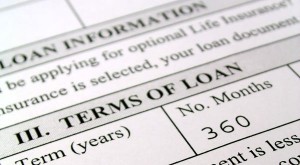
February 1, 2013
FHA Loan Amounts: A Reader Question
A reader asks, “My son and I have a combined income of $68,000 yearly. His credit score is 643 and mine is 639. I also have a IRA worth $190,000 what do we qualify for from a FHA Loan?” This is a type of question that comes in frequently and unfortunately the answer isn’t as simple as doing the math and returning a loan amount. There are many variables that go into calculating an FHA home loan amount including the borrower’s financial qualifications, the lender’s requirements, the cost of the home and other factors. A house for sale in one part of the country for $150,000 might be worth much or (or less) in another part of the country. Since FHA loans for new purchases are calculated on the fair | more...








